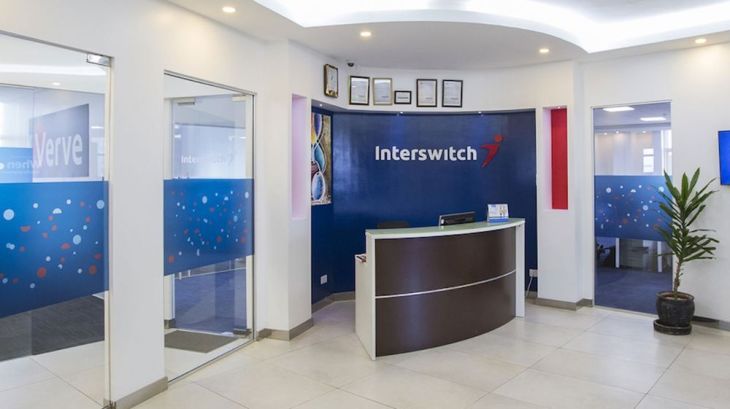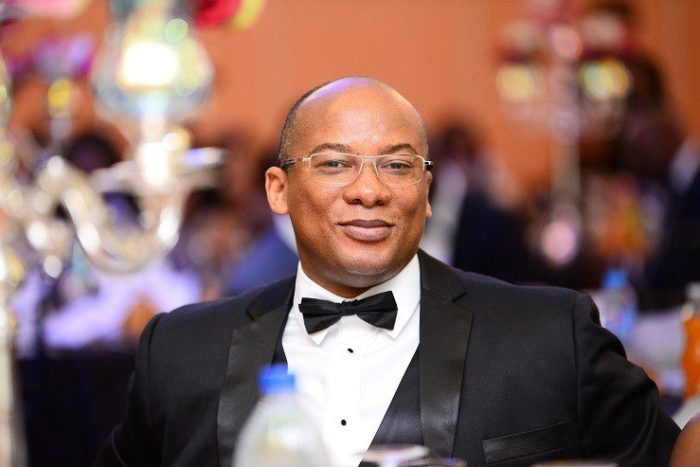Pan-African fintech company Interswitch plans to fire up its corporate venture arm again — according to CEO Mitchell Elegbe.
The Nigerian founder didn’t offer much new on the Lagos-based firm’s expected IPO, but he did reveal Interswitch will revive investments in African startups.
Founded by Elegbe in 2002, Interswitch pioneered the infrastructure to digitize Nigeria’s then predominantly cash-based economy. The company now provides much of the rails for Nigeria’s online banking system that serves Africa’s largest economy and population of 200 million people. Interswitch has expanded to offer personal and business payment products in 23 African countries.

The fintech firm achieved unicorn status in 2019 after a $200 million equity investment by Visa gave it a $1 billion valuation.
Reviving venture investing
Interswitch, which is well beyond startup phase, launched a $10 million venture arm in 2015 that has been dormant since 2016, after it acquired Vanso — a Nigerian fintech security company.
But Interswitch will soon be back in the business of making startup bets and acquisitions, according to Elegbe. “We’ve just certified a team and the plan is to begin to make those kinds of investments again.”
He offered a glimpse into the new fund’s focus. “This time around we want to make financial investments and also leverage the network that Interswitch has and put that at the disposal of these companies,” Elegbe told TechCrunch.
“We’ll be very selective in the companies we invest in. They should be companies that Interswitch clearly as an entity can add value to. They should be companies that help accelerate growth by the virtue of what we do and the customers that we have,” he said.
Recent venture events in African tech have likely pressed Interswitch to get back in the investing arena. As an ecosystem, VC on the continent has increased (roughly) by a factor of four over the last five years, to around $2 billion in 2019. But most of that has come from single-entity investment funds, while corporate venture funding (and tech M&A activity) has remained light. That’s shifted over the last several months and the entire uptick has occurred in African fintech around entities that could be viewed as Interswitch competitors.
In July, Dubai’s Network International acquired Kenya -based mobile payment processing company DPO for $288 million. Shortly after the acquisition, DPO’s CEO Eran Feinstein said the company would pursue more African acquisitions on its own. In June, another mobile-money payment processor, MFS Africa, acquired digital finance company Beyonic. And in August, South Africa’s Standard Bank — Africa’s largest by assets and lending — acquired a stake in fintech security firm TradeSafe.
Since the rise of Safaricom’s dominant M-Pesa mobile money product in Kenya, fintech in Africa has become infinitely larger and more competitive. The sector has hundreds of startups and now receives nearly 50% of all VC investment on the continent.
The opportunity investors and founders are chasing is bringing Africa’s large unbanked population and underbanked consumers and SMEs online. Roughly 66% of Sub-Saharan Africa’s 1 billion people don’t have a bank account, according to World Bank data, and mobile-based finance platforms have presented the best use cases to shift that across the region.
Interswitch has established itself as a leader in Africa’s digital finance race. But it’s hard to envision how it can maintain or extend that role without an active venture arm that invests in and acquires innovative, young fintech startups.






